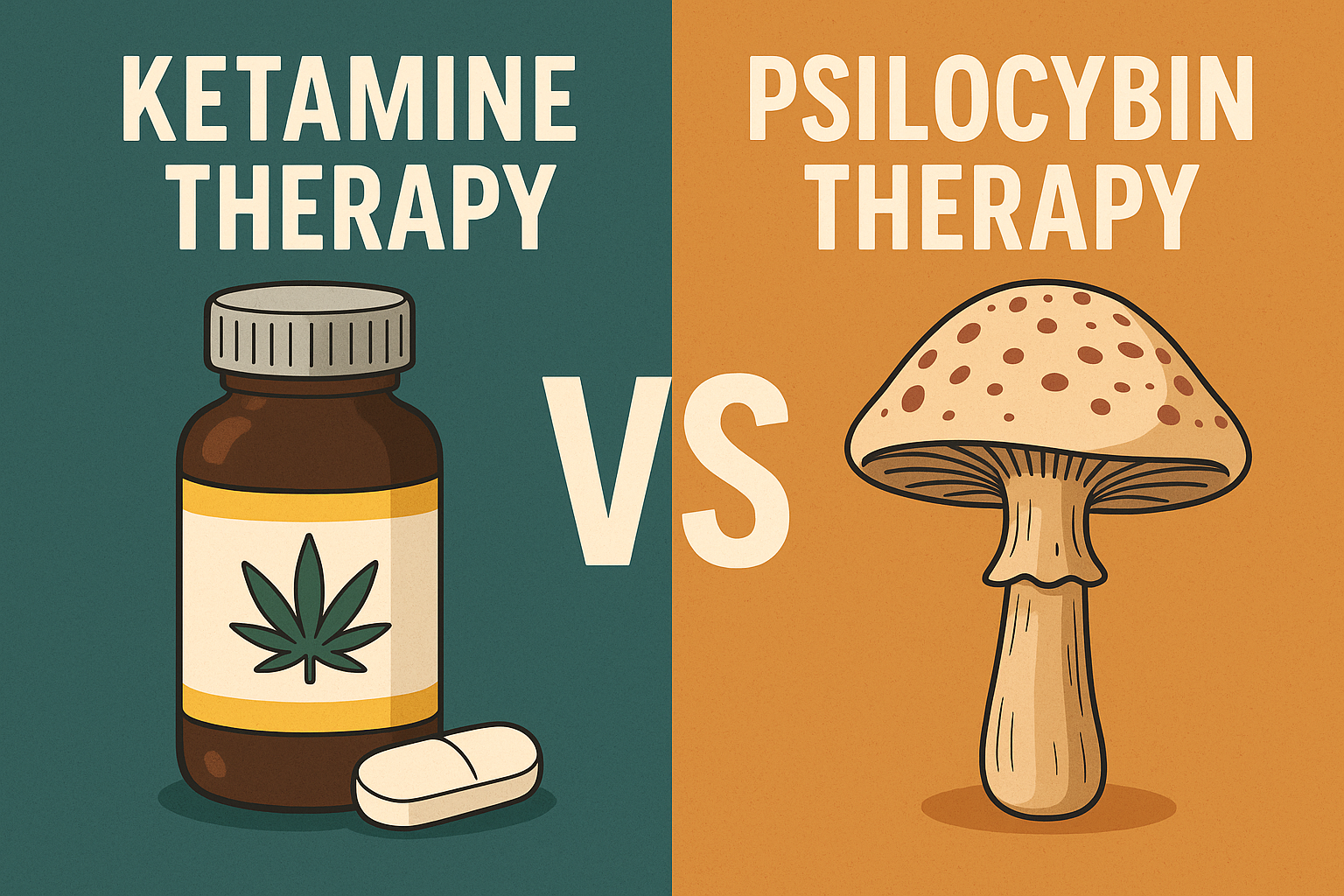Ketamine therapy is a groundbreaking approach to mental health treatment. Initially developed as an anesthetic, ketamine has reemerged as a potential solution for individuals with treatment-resistant mental health conditions. Here is how this therapy works, the reasons behind its popularity, and its potential benefits in the realm of mental health care:
How Ketamine Therapy Works
Ketamine, when administered in controlled therapeutic settings, affects specific brain receptors known as NMDA receptors. These receptors play a significant role in managing mood and cognition. By interacting with them, this approach fosters neuroplasticity, enabling the brain to form new neural connections. This process encourages mental flexibility and helps individuals break free from destructive thought patterns associated with depression or anxiety.
Unlike traditional antidepressants, which often require weeks to show results, ketamine can provide relief within hours or days. The rapid action of ketamine may help recalibrate specific neurotransmitter systems. This makes it particularly promising for individuals experiencing acute depressive symptoms or suicidal thoughts. Its speed and unique mechanism of action set it apart as an innovative approach in mental health care.
Benefits of Ketamine Therapy
The appeal of ketamine therapy lies in its range of compelling benefits. These benefits extend beyond symptom management and show promise in improving overall mental well-being. Some of the key highlights include:
- Rapid Relief: Ketamine may alleviate symptoms of depression much faster than conventional antidepressants.
- Reduction in Suicidal Ideation: For people experiencing severe depressive episodes, ketamine has demonstrated effectiveness in reducing suicidal thoughts. This feature makes it a valuable option for those requiring immediate intervention.
- Enhanced Neuroplasticity: The therapy may promote neural connections, enabling individuals to approach problems with greater mental flexibility and resilience. This adaptation can lead to long-term psychological benefits.
- Complement to Psychotherapy: When used in combination with talk therapy, ketamine may enhance the overall therapeutic experience.
- An Alternative for Resistant Cases: For individuals unresponsive to traditional antidepressants, ketamine offers a new avenue for potential relief. This alternative is especially significant for patients who have tried multiple medications without success.
Alternative Therapy Interest
The interest in this therapy stems from both its effectiveness and the limitations of existing mental health treatments. Conventional antidepressants can take weeks to work and may not benefit everyone. Ketamine has emerged as a faster and more targeted solution, particularly for individuals whose symptoms have not improved with other options. Clinics offering ketamine therapy are now available, with many providing a safe and supportive environment for treatment. A medical professional typically guides sessions to promote patient comfort and safety throughout the process.
Ketamine Therapy Suitability
While this type of therapy has shown significant promise, it is not suitable for all individuals or conditions. The treatment process involves careful evaluation by a qualified medical professional to assess eligibility. Factors such as medical history, current medications, and the specifics of a person’s mental health condition should all be reviewed before proceeding.
Find Psychiatric Services Near You
Ketamine therapy represents a hopeful development in the ongoing effort to improve mental health treatment. By offering a novel approach that addresses unmet needs, it provides relief to individuals who may have struggled for years without success. When combined with professional guidance and complementary therapies, it has the potential to bring about meaningful change. If you or someone you know is looking to explore options for treatment-resistant mental health challenges, consult with a healthcare provider to learn more.
- Choosing the Right Plastic Surgeon for Your Cosmetic Procedure
- Understanding Different Types of Laser Treatments for Skin Rejuvenation
- Why a Family Dentist is Key for Maintaining Oral Health
- The Benefits of Regular Visits to a Wellness Spa
- Exploring the Emotional and Psychological Triggers of Eating Disorders


Leave a Reply